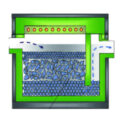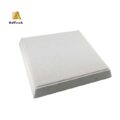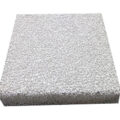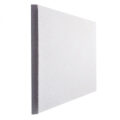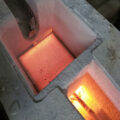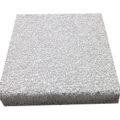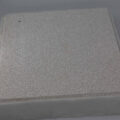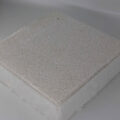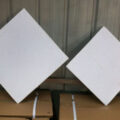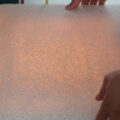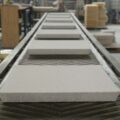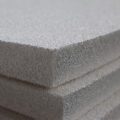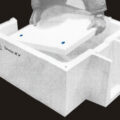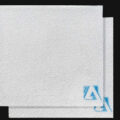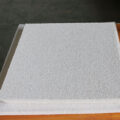Porous ceramic filters filtration efficiency mainly has filtration accuracy, which refers to the particle size of the smallest solid impurity particles in the fluid medium. For ceramic filters, the filtration accuracy can reach 0.1Lm.
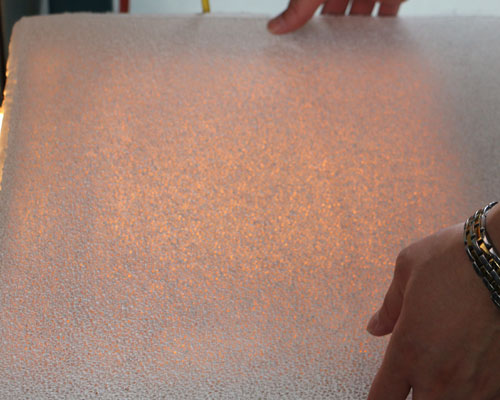
The main factor that affects the porous ceramic filters filtration efficiency is the maximum pore diameter of porous ceramic filter elements. For the same fluid medium, the smaller the pore size, the higher the filtration accuracy, and vice versa. Secondly, the working pressure also has a weak influence on the filtration accuracy. Generally speaking, for liquid media, the size of the impurities that can be filtered out is about 1/5~1/10 of the pore size of the ceramic filter element.
For gas media, because Brownian motion is more active in gas than in liquid, the effect of diffusion and capture increases, and the size of the trapped impurity particles is about 1/5~1/25 of the pore size of the filter element. Since the filtration of porous ceramics is a combination of inertial collision, diffusion and retention, the viscosity of the fluid medium, the working pressure of the medium, and the micropore performance of the filter element itself have a great influence on its filtration rate.
The larger the pore size of porous ceramic filter, the higher the porosity, and the greater the working pressure difference, the greater the flow rate. As the wall thickness of the porous ceramic increases, the viscosity increases and the flow rate decreases rapidly. As the micropores of porous ceramics become smaller, the pressure loss becomes larger and the filtration efficiency becomes lower and lower. In the field of fine filtration and ultrafiltration, although the pore size of porous ceramics can be 0.1um or even smaller, with the current molding method and strength requirements, the wall thickness is the thinnest 1mm~2mm, so it has 0.1 Compared with the polymer membrane with um microporous and membrane thickness of 0.1mm, the pressure loss is too large and the filtration efficiency is too low.
Porous Ceramic Filter Material Features
As the aggregate of porous ceramics, silicon carbide powder has good thermal conductivity, thermal shock resistance and low thermal expansion coefficient.
The eutectic mixture composed of feldspar and clay is selected as the bonding agent, which has good bonding performance with silicon carbide particles.
Activated carbon and related organic particles are used as pore-forming agents.
Adopting the grouting process, the process is simple and the cost is low.
The normal pressure sintering method is adopted, the sintering temperature is 1200~1280℃, and the heat preservation is 1-3h.

